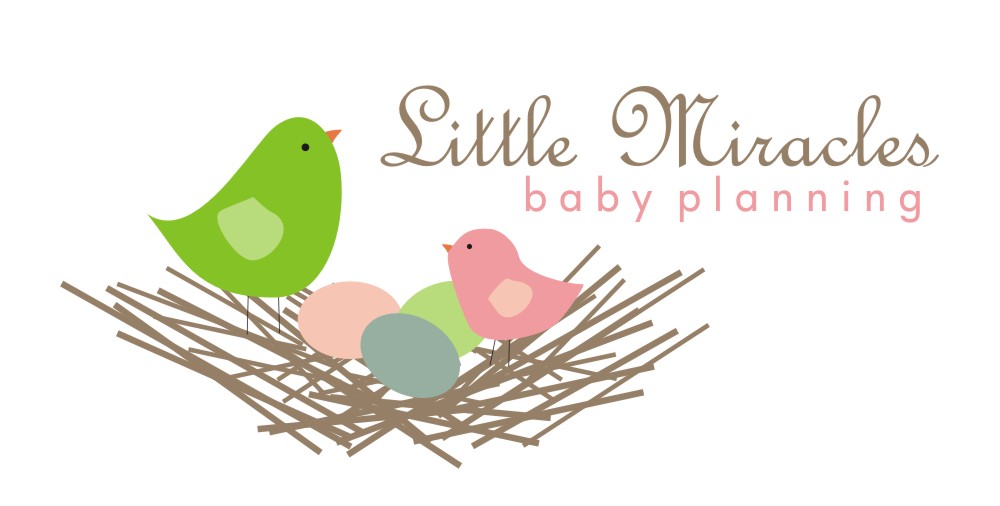by Ivanna Campbell at www.empoweredmommies.com
While it’s true that your newborn demands a lot of attention and tender loving care during the first few weeks after birth, you need to take care of yourself too. And as a novice mom, it’s easy to lose track of that amidst late night feedings, lack of sleep and the overall overwhelming feeling of taking care of a new life.
This notion of remembering to take care of yourself can quickly dissipate among the many to-dos that come with taking care of a new baby, other children, a household etc. But it’s really important to seek help when necessary and understand all the changes that take place between birth and the first post-partum check up at 6 weeks. After all, it’s not just your physical well being, but also your psychological and emotional recovery that is as equally important.
So, don’t be afraid to go back to basics. Throw away all your to-do lists and just focus on you and the baby! Try to forget about the piling laundry, cooking, and other chores. Don’t feel guilty about staying in your pajamas for a large part of the day or asking for help or ordering food or accepting prepared dishes from friends and family during this critical post-partum time period.
If you’re lucky enough to have family come stay with you, then definitely take advantage of that! During that important healing period (6 weeks post-partum) you will notice different things happenings with your body. Below is a list of the most common and ways to alleviate them.
WEEKS 1 and 2
You May Notice:
· Period like pains called “uterine contractions”
· Continued bleeding even passing small blood clots. Bleeding usually goes from bright red at the beginning to brownish discharge towards the end of week 2
· Breast engorgement especially if your breast milk is coming in already. Watch out for “mastitis” which can become serious if left untreated. (See symptoms of that below).
· Episiotomy pain. * If you had a c-section you may have pain in the abdomen incision site)
· Hemorrhoids due to all the pushing and some constipation
Ways to Alleviate:
· Take ibuprofen for the uterine cramps. You can also try warm showers and massages to alleviate the pain.
· Nurse as frequently as possible to avoid the breast engorgement and apply warm compresses to the breasts to help with milk letdown. Consult a Lactation Consultant if you are experiencing pain towards the end of Week 2.
· Take sitz baths to treat your vaginal area and use hemorrhoids wipes and cream to sooth the bottom.
· Drink lots of water and ate fruits and vegetables to avoid constipation.
WEEKS 3 and 4
You May Notice:
· Tiredness, grumpiness and possibly, moodiness * (Read up on the difference between hormonal fluctuations/baby blues and what some new moms experience which is full blown PPD or ask your Obgyn to explain the difference)
· Sleep-deprivation
· Continued soreness in breasts and vaginal region
Ways to Alleviate:
· Try to sleep when you can. Enlist help from others when possible. Ask husband or other family member for help with feedings (through expressed, pumped breast milk bottles)
· Get out of the house to go for walks and see the outside world.
· Practice breathing exercises and visualization to relax and stay positive
· Do stretch and back exercises especially for your lower back
WEEKS 5 and 6
You May Notice:
· Even though you may start to heal physically from birth, you may feel strange about your body. Big boobs, pooch belly and tired.
· Incontinence.
· Sleep-deprived
· Continuing hemorrhoids
Ways to Alleviate:
· Start working out gently, but more often and do more stretching and back exercises
· Kegels, Kegels, Kegels! (so important not only for your potential incontinence, but also for your sexual recovery)
· Nap where possible
· Continue sitz baths
IMPORTANT: There are some serious signs that need to be taken very seriously and immediately reported to your doctor if they happen during this period. Don’t wait until the 6 week post-partum check up to tell your doctor about these!
· Unexplained swelling in any of your extremities
· Fever
· Severe vomiting
· Deep chest pains
· Vaginal bleeding that gets worse and worse
· Foul-smelling discharge from your vagina or C-section incision
· Hot or red breasts (especially if you have a fever or accompanying chills). This can be a sign of mastitis. A bacterial infection of the breasts that needs to be treated with antibiotics to avoid complications.
· Extreme sadness, depression or thoughts of harming you or your baby
Thursday, March 18, 2010
Subscribe to:
Post Comments (Atom)

.png)




No comments:
Post a Comment